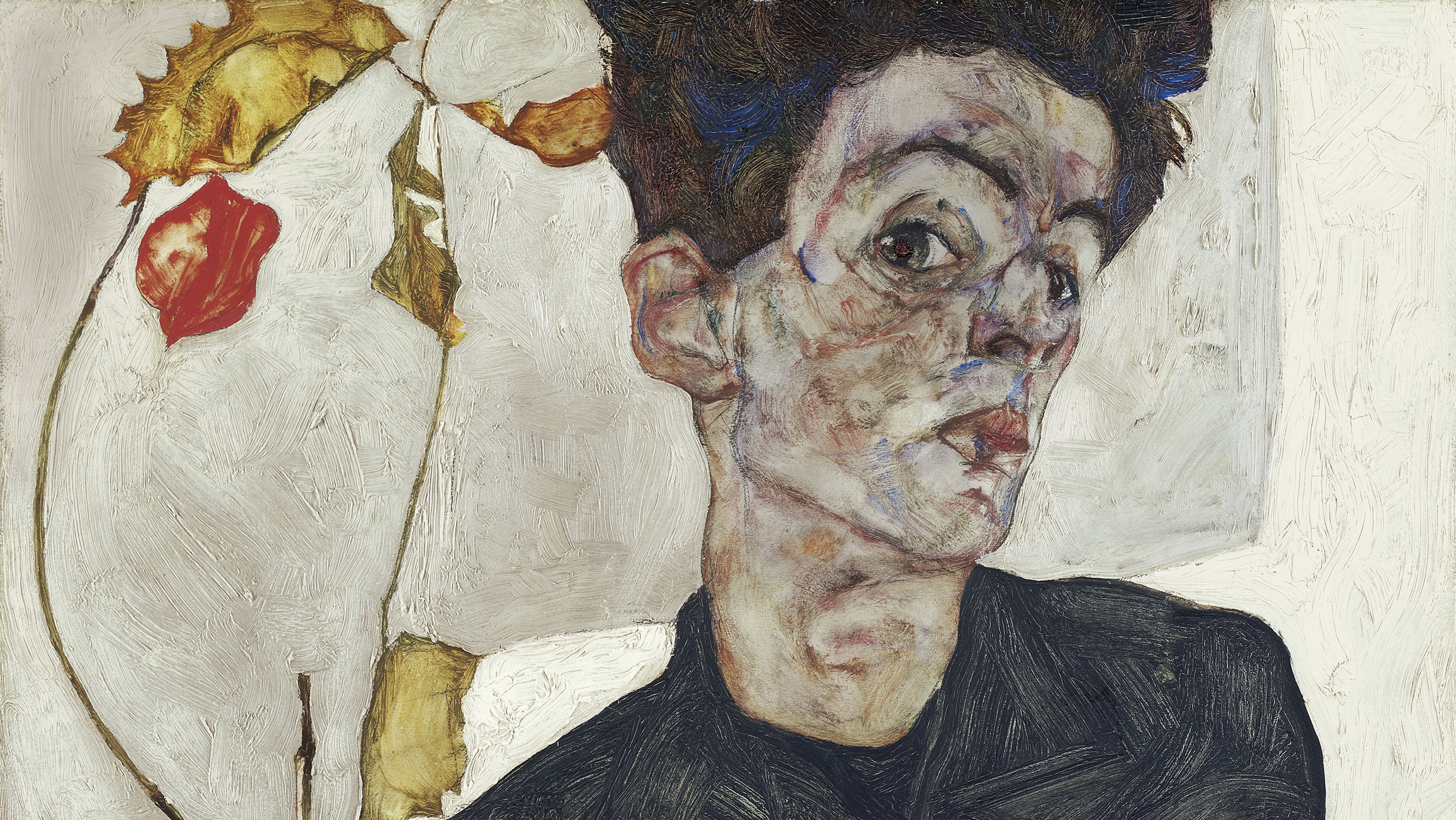The New York Supreme Court considers that Egon Schiel’s drawings “are stolen” and were “unlawfully detained.” The Chicago Museum wants to defend itself “in civil litigation before a federal court.”
Three works by the Austrian artist Egon Schiele, claimed by the heirs of their former owner, a Jewish collector who was a victim of the Nazis, were seized by American courts from museums in the United Statesa judicial source announced this Thursday.
In the seizure orders dated Tuesday, published by the Agence France-Presse (AFP) after being reported by the New York Times, the Supreme Court of the State of New York considers that “there are reasonable grounds to believe” that these drawings of the Austrian expressionist artist “they are robbed” and “illegally detained.”
Russian Prisoner of War” (1916), a watercolor and pencil on paper valued at $1.25 million, was confiscated from the Art Institute of Chicago; “Portrait of a Man” (1917), a pencil drawing on paper valued at one million dollars, was seized at the Carnegie Museum of Art in Pittsburgh (Pennsylvania, northeast), while “The Girl with Black Hair” (1911 ), a watercolor and a pencil on paper worth $1.5 million were seized at the Allen Memorial Museum of Art at Oberlin University (northeast, Ohio). The orders specify that the works may remain “in situ” for a period of 60 days.
“We are convinced that we have legally acquired this work and that we legally possess it,” the Chicago museum said, adding that it intends to defend itself in the context of “a civil dispute in federal court“. “We will cooperate fully with the requests of the authorities,” the Carnegie Museum of Pittsburgh highlighted, in turn.
Ownership of the works is claimed by the heirs of Fritz Grünbaum, Austrian Jewish artist, great art collector and critic of the Nazi regime. murdered in the Dachau concentration campin Germany, in 1941.
According to the New York Times, the current investigation concerns a dozen works by Egon Schiele looted by the Nazis. The heirs of Fritz Grünbaum took legal action years ago recover works of art that belonged to your ancestor.
The American court ruled against this family in 2005, considering that they acted too late, but Fritz Grünbaum’s heirs won the case regarding two works in 2018.
Source: Observadora
